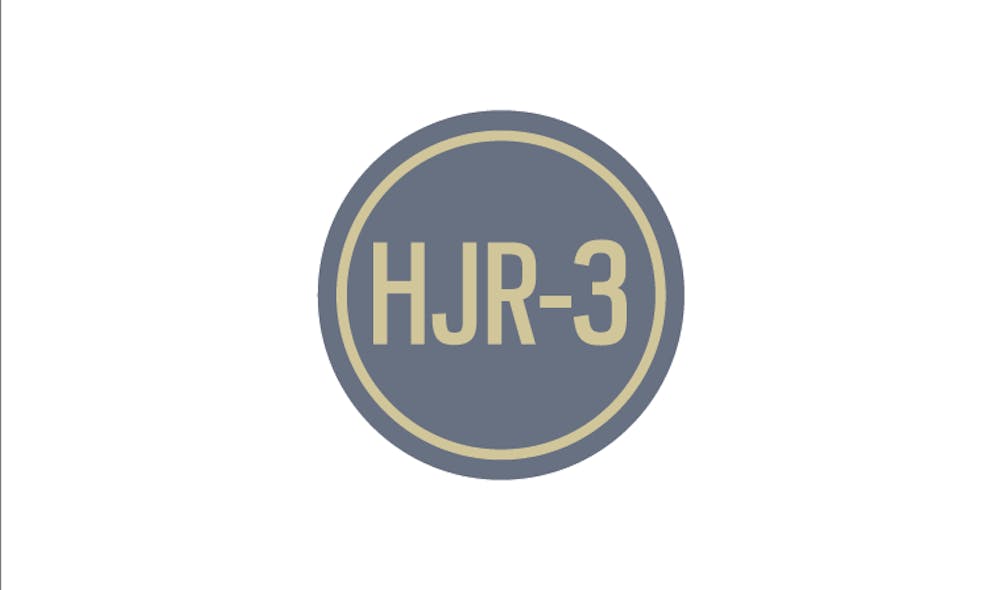When House Joint Resolution 3 comes to a vote two things can happen:
If the Indiana General Assembly passes it in its original 2011 language, it will go to a public vote in November.
If it doesn’t pass the House, the resolution will stop there and someone would have to resurrect it. It would have to introduced at the next session, and then it would be voted upon to pursue it more. At the session after that, it would be voted on. The new resolution would still need to pass both the House and the Senate.
“If it goes down, I think it will stay down,” State Sen. Sue Errington, District 26, said. “I mean, who would want to go through this again? We have so many other important issues dealing with jobs and education. This issue takes a lot of attention away from things that could actually help Hoosiers and our middle class.”
The Muncie City Council voted unanimously Monday night to oppose bill House Joint Resolution 3.
The bill, previously known as House Joint Resolution 6, would add an amendment to the Indiana Constitution defining marriage as between a man and woman, effectively banning same-sex marriage in the state.
The proposed amendment also would ban anything “similar” to same-sex marriage, including civil unions. Supporters and opponents disagree on whether the proposal would also bar health and tax benefits for same-sex couples.
Council member Doug Marshall of District 1 encouraged the council to oppose HJR-3.
“I want Muncie to be a city of everyone,” Marshall said.
The council heard testimony from 11 Muncie residents, and all but one of them urged the council to oppose HJR-3.
“Heterosexuals themselves have virtually destroyed the sanctity of marriage in our society — look at the divorce rate,” said Charles Mason, a Muncie resident and retired priest. “It’s refreshing to me that gays are very interested in the institution of marriage. Why not give them a crack at restoring marriage?”
While the majority of Muncie residents at the meeting opposed HJR-3, some citizens came to speak in favor of the bill.
“We are obligated to God to obey his laws,” Frank Weis said. “Any laws that are passed that are against God’s laws are unjust.”
The vote came on the same day that Indiana’s House Judiciary Committee delayed a decision on the bill.
Chairman Greg Steuerwald delayed the vote. He said afterward that witnesses for both sides made compelling arguments.
Supporters of the amendment said Monday that it was needed to protect against any court decisions overturning the existing state ban.
But opponents testified that Indiana’s national and global image is suffering because of the bill.
Executives with Eli Lilly and Cummins Inc. spoke of trouble attracting talent to the state.
The broad base of people who spoke in opposition to the amendment demonstrated that adding HJR-3 to constitution “would be putting Indiana on the wrong track,” said State Sen. Sue Errington, District 26, which includes Delaware County.
The Indiana Constitution’s purpose is to protect the right of its citizens and not infringe upon those of a certain group of Hoosiers, she said.
“I think it would be signaling that Indiana is out of step with the direction that the country is going on this issue,” she said. “It would paint us as a backward and intolerant state. That is bad for our people and business. That’s why you see so many universities and our leading industries coming out in opposition.”
Errington said she supported Ball State’s stand against the bill.
She said it will affect Indiana’s ability to attract high quality talent to its universities.
“If we put something like this into our constitution, it puts us at a handicap,” Errington said. “We don’t need to do this to alienate [people affected by the bill].”
Tyler Juranovich contributed to this article.





